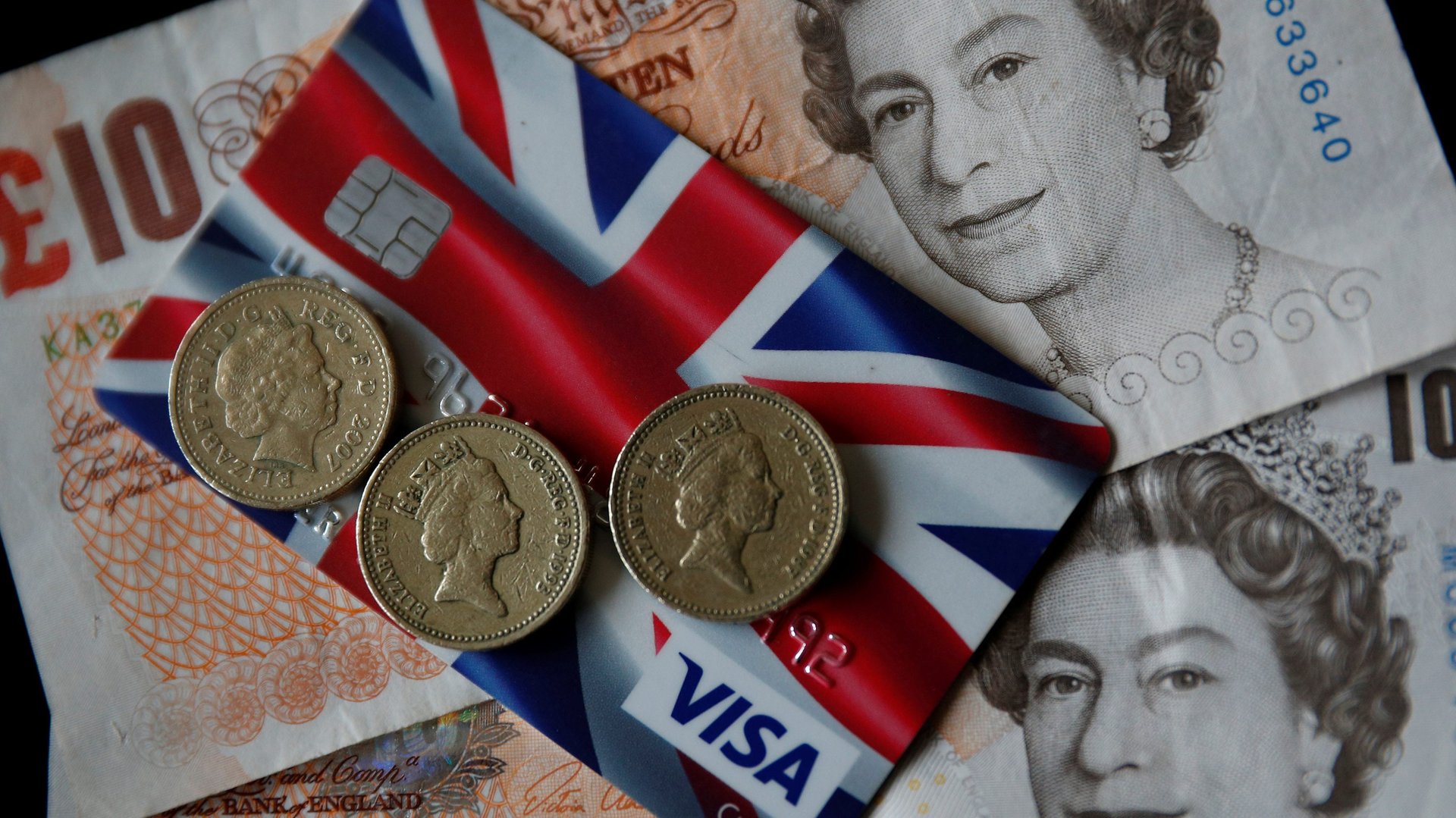Amazon’s Visa dispute is more about data than payments
Like all big tech companies, Amazon already records tons of data on customers from its e-commerce site, Alexa voice assistant, Kindle catalogs, Audible audiobooks, video streaming, music app, home-security cameras, and fitness trackers. Payments is no exception. But mostly, this data digging happens in the background.


Like all big tech companies, Amazon already records tons of data on customers from its e-commerce site, Alexa voice assistant, Kindle catalogs, Audible audiobooks, video streaming, music app, home-security cameras, and fitness trackers. Payments is no exception. But mostly, this data digging happens in the background.
However, with the Visa credit card ban announcement in November, Amazon created a unique controlled experiment of sorts.
Amazon was meant to stop accepting Visa credit cards in the UK tomorrow (Jan. 19), before making a U-turn yesterday (Jan. 17). Since November, customers have been responding, and with the dispute between Amazon and Visa set to continue, it’s become a test of loyalty.
“Think about all that data Amazon just captured when it announced the Visa (ban),” says Ben Goodall, CEO of the online payments firm Banked.com. “Who changed to a MasterCard/Amex? Who canceled their Prime membership? Who applied for an Amazon card? Who did nothing? Who complained? All the sort of information you would want if you are building the super checkout for the future.”
Amazon’s festive cheer
In an opportune move, Amazon announced the upcoming ban ahead of the Black Friday and Christmas shopping period—”a time when there’s an increase in spending,” Goodall points out—but kept the Visa payment option open throughout.
With omicron surging, online shopping picked up pace, likely generating a treasure trove of data. Amazon ranked as the most-visited online shopping site in the UK during Christmas. Meanwhile, the company offered monetary incentives of up to £20 ($27) to encourage Brits to set a debit or non-Visa credit card as the payment default.
Moreover, by not going after Mastercard as well—which also hiked up interchange fees and is the bigger of the two credit-card industry players—Amazon boosted its own ecosystem. (Its credit-card issuing partner is Mastercard.)
Others also took advantage. For example, JPMorgan Chase’s digital bank, Chase, offered its debit-card users 3% cash back on Amazon purchases until the end of 2021, a day after the Visa announcement.
Amazon wants to change online payments
The latest salvo against Visa credit cards is part of a bigger battle to revamp online payments.
“Amazon is once again making people rethink the fundamentals of retail. Payment is a crucial part of the process which has for a long time revolved around card providers and the fees they charge. Even the arrival of mobile payments like Apple Pay and Google Pay did not disrupt card processing in the same way that today’s news will do,” says David Maisey, CEO at MultiPay Global Solutions. “With Amazon questioning Visa’s fees, you can be sure that other retailers are now looking at them too.”
By reversing its decision, Amazon shielded itself from a big financial hit, too. The company was poised to lose nearly £1.4 billion as a result of the Visa credit card ban. More than 13% of the company’s 48 million customers in the UK were planning on curbing spends or forgoing purchases altogether. And it got the perk it wanted: data to use as leverage.
Consequently, it can not only negotiate a better deal with Visa, but also encourage others to innovate. In December 2021, Barclays launched a “reusable credit account” for UK customers, which lets them spread the cost of eligible purchases on amazon.co.uk in equal monthly installments over three to 48 months.
Why Visa is playing along
Amazon’s last-minute U-turn means many Visa credit card customers may have already switched payment methods. And anyway, Amazon accounts for less than 1% of Visa’s credit card volume in the UK.
But Visa still won’t let Amazon go. Why?
Because of bad press, for one. It gets more merchants thinking about adopting newer payment methods like open banking and account-to-account transfers in ways that increase choices and reduce friction for both buyers and sellers. In the long run, seasoned card users may ditch the habit altogether. And if that’s the trend—Visa needs to know.